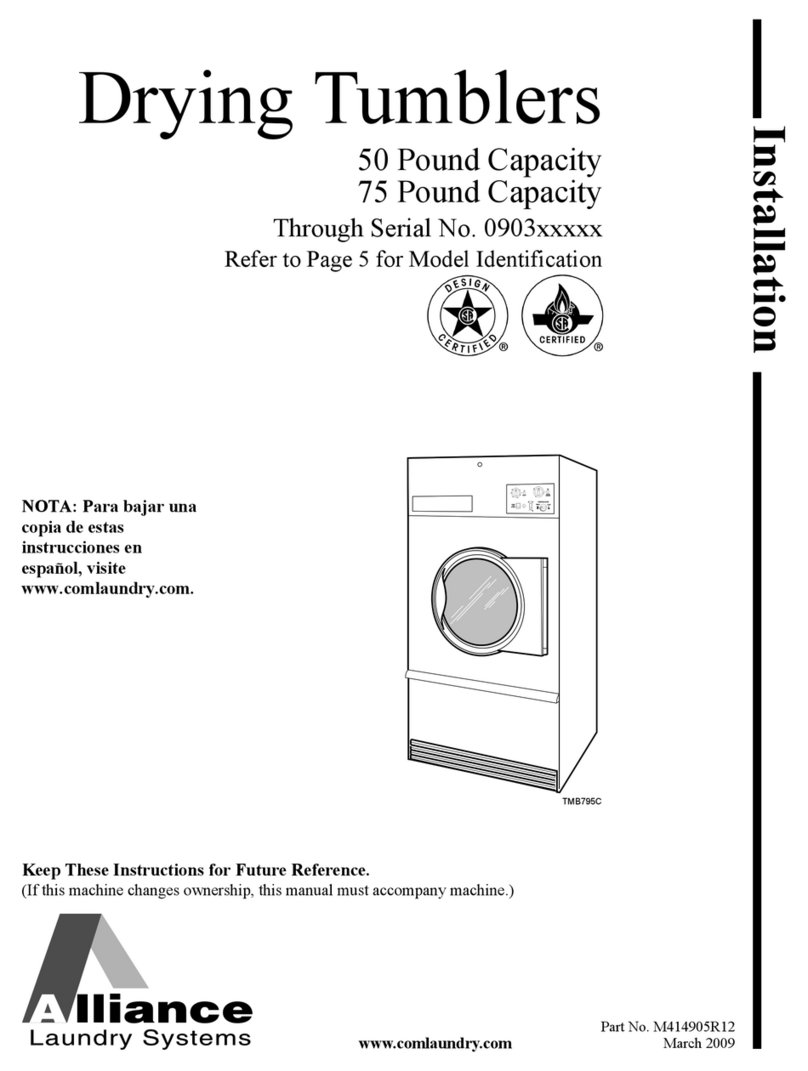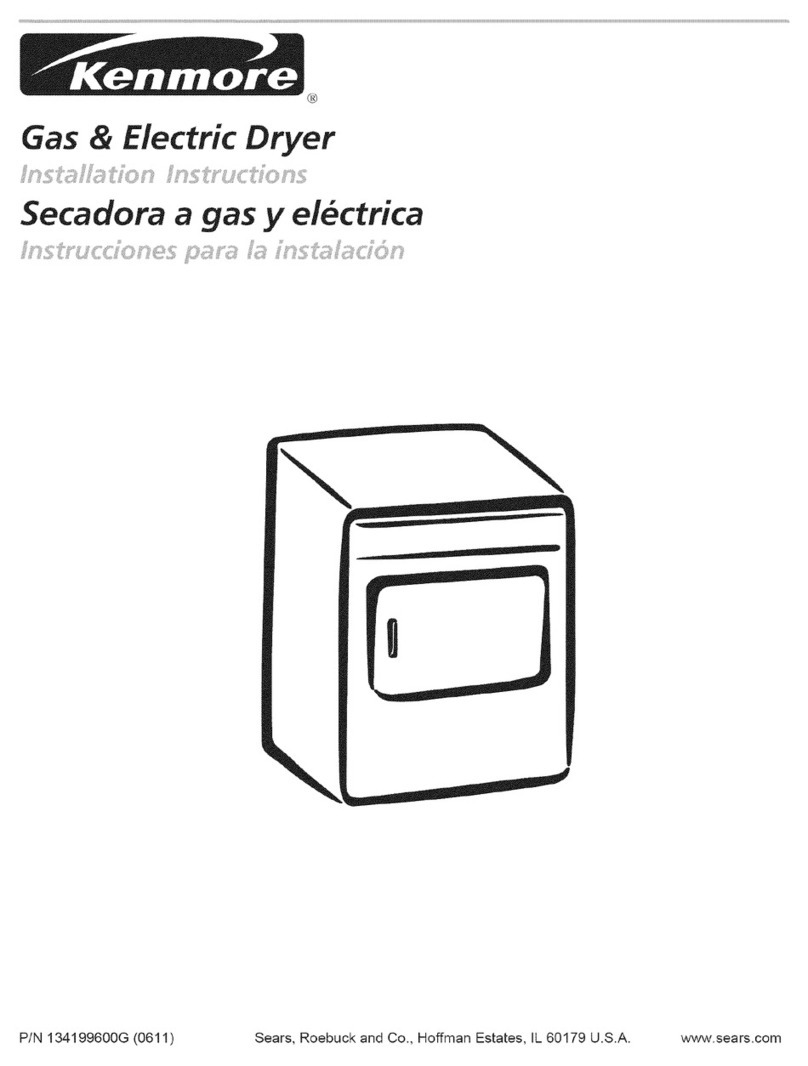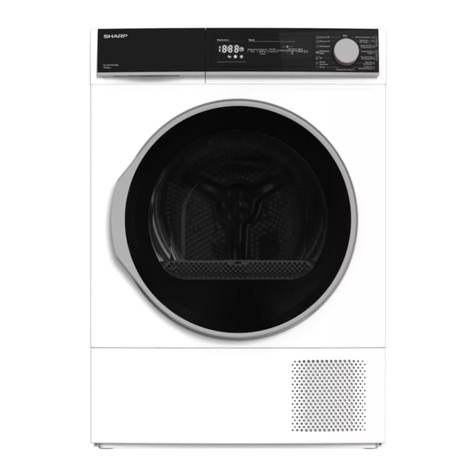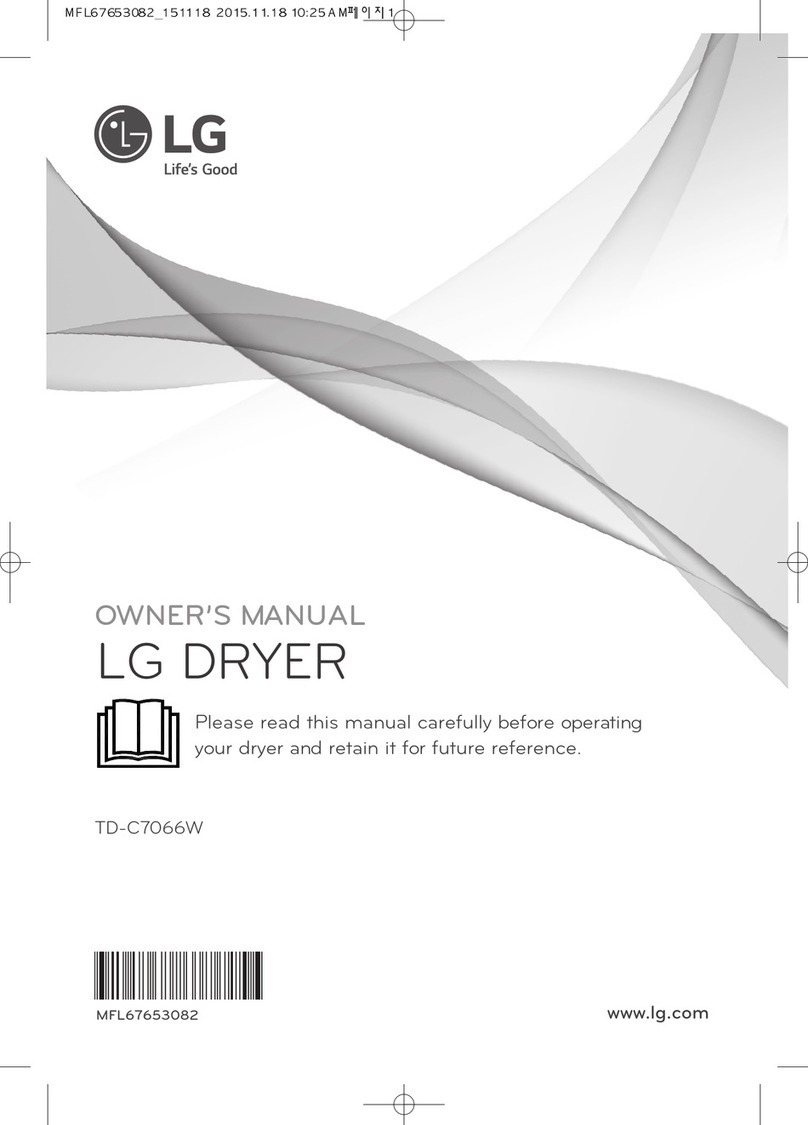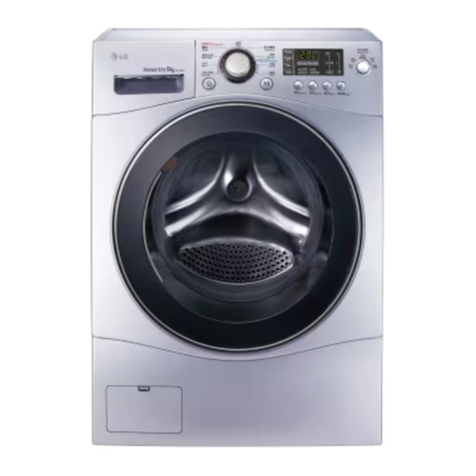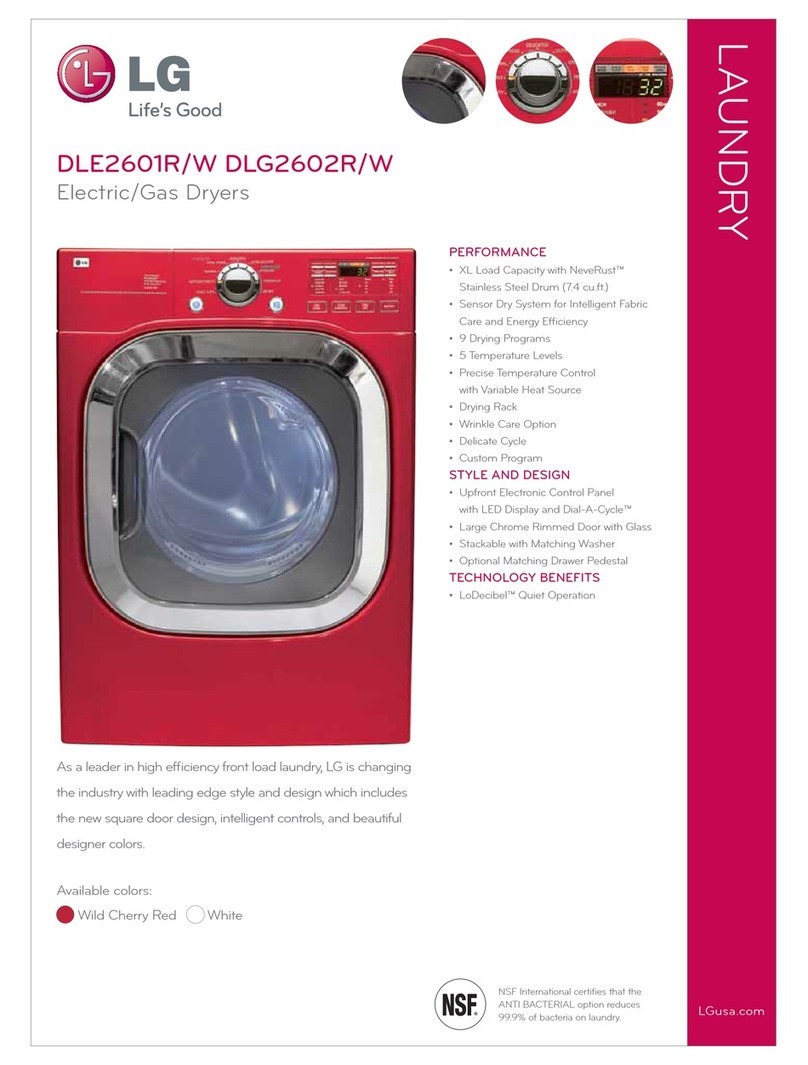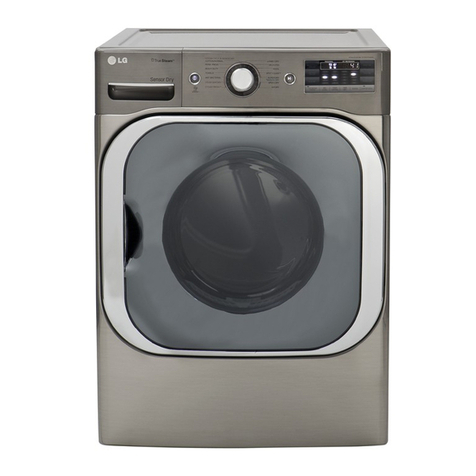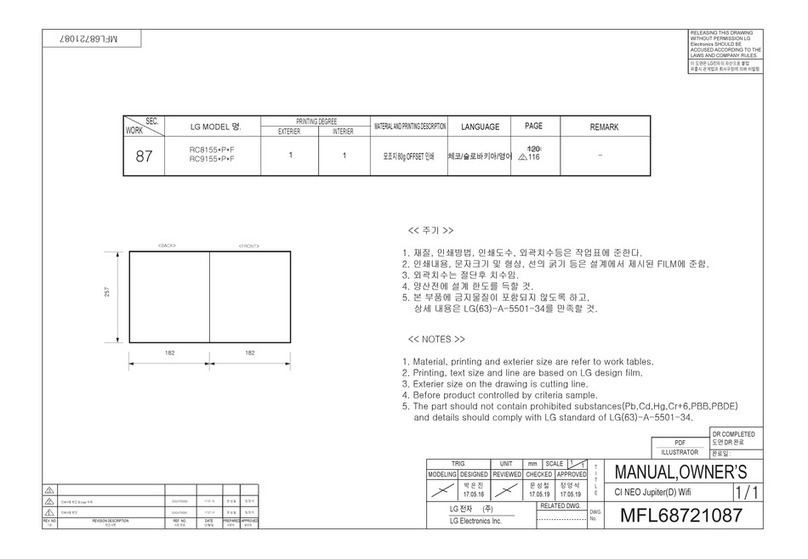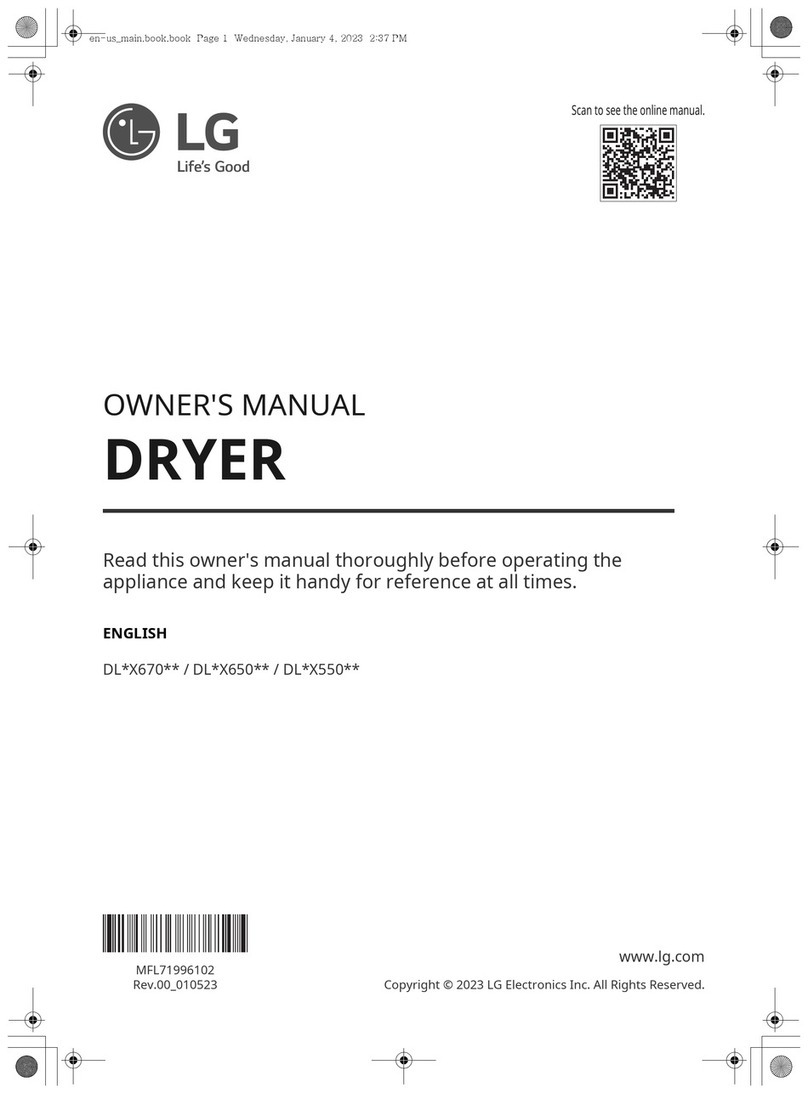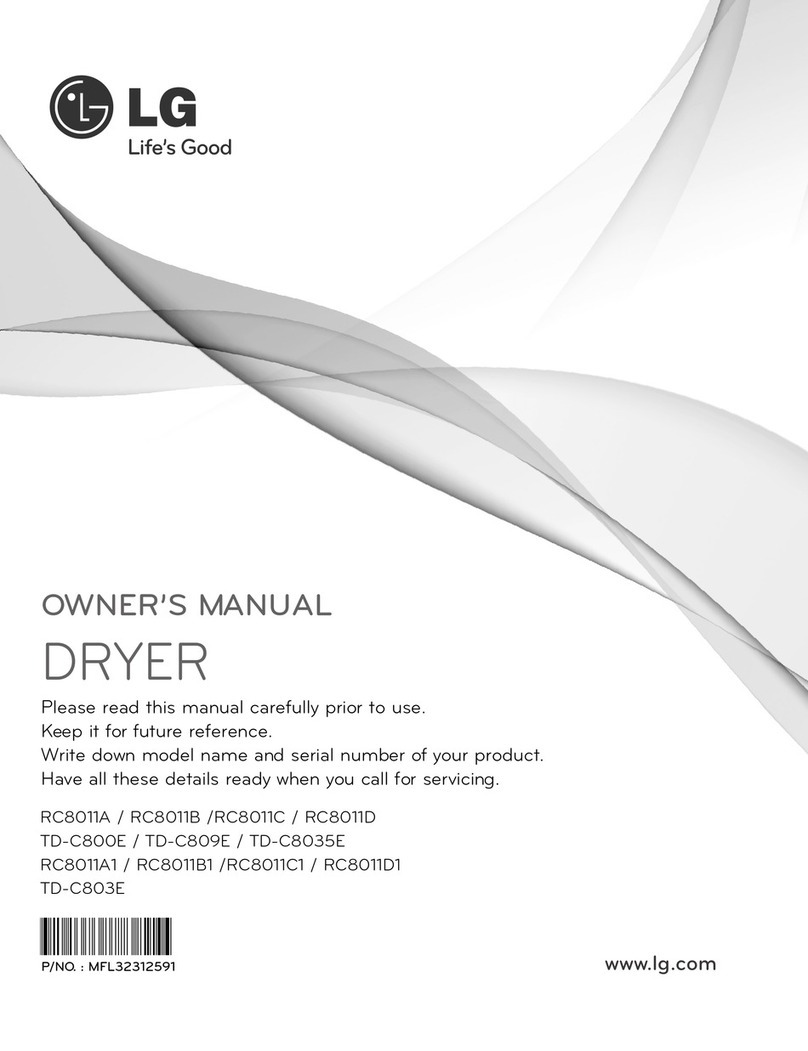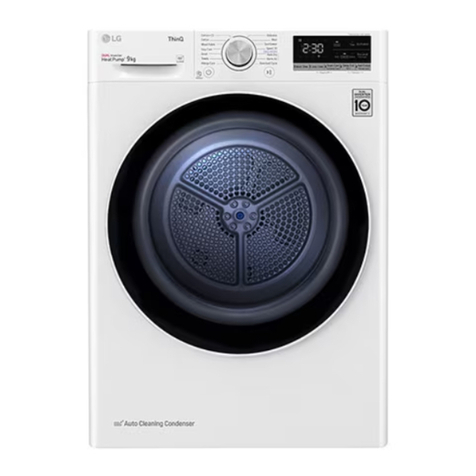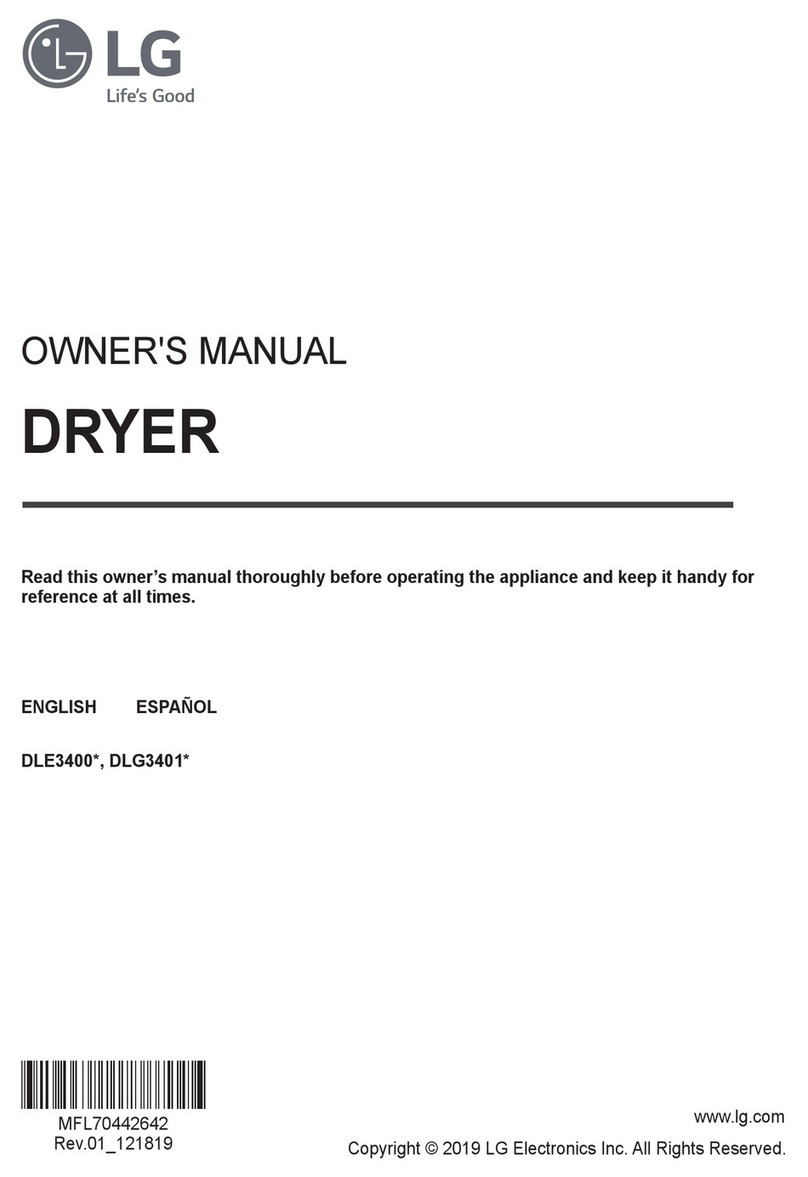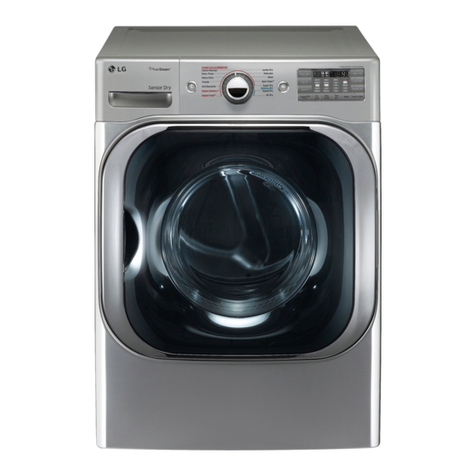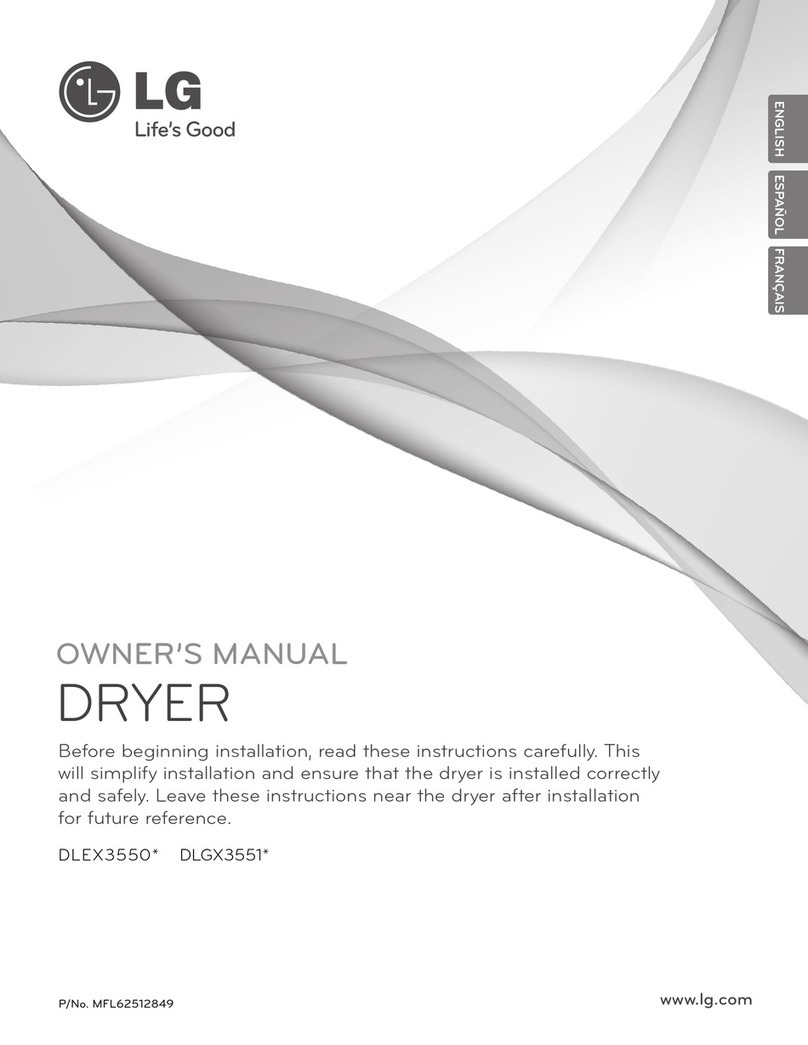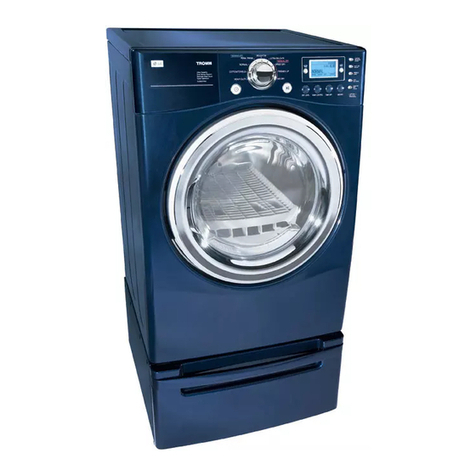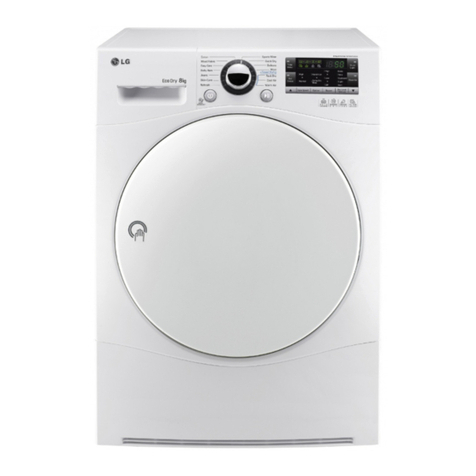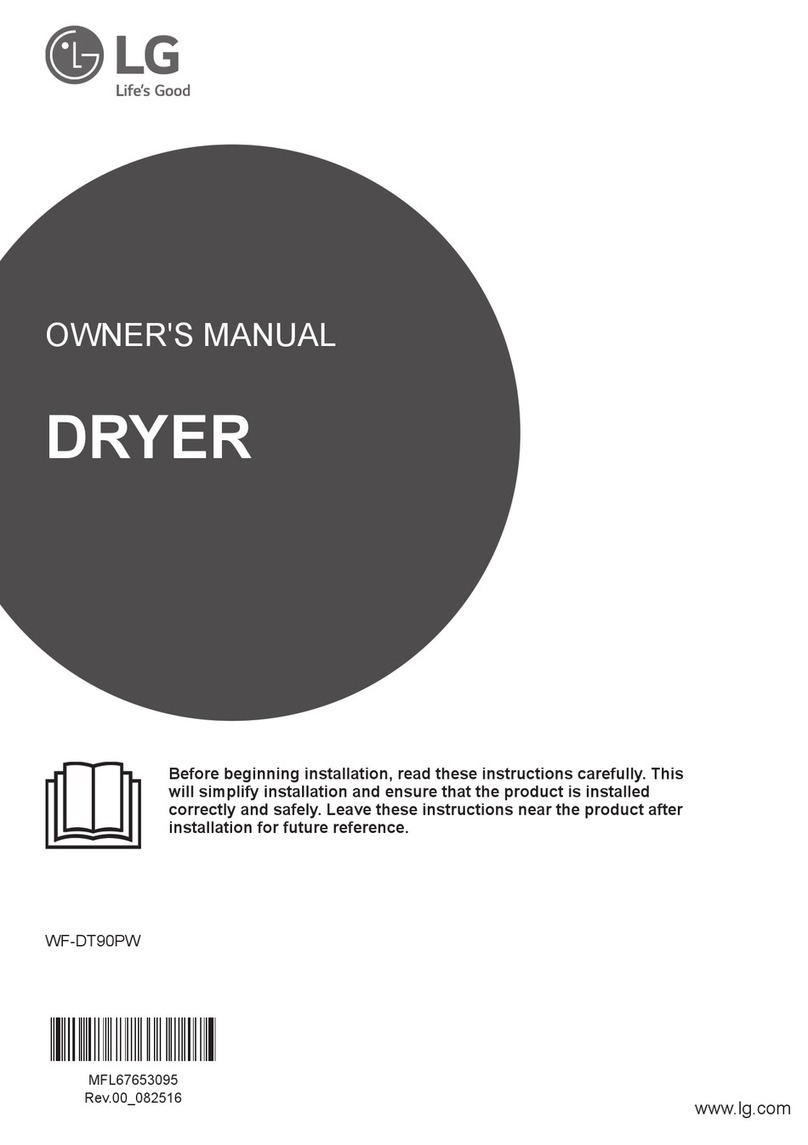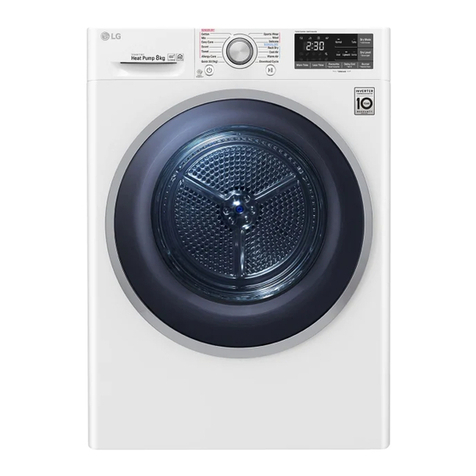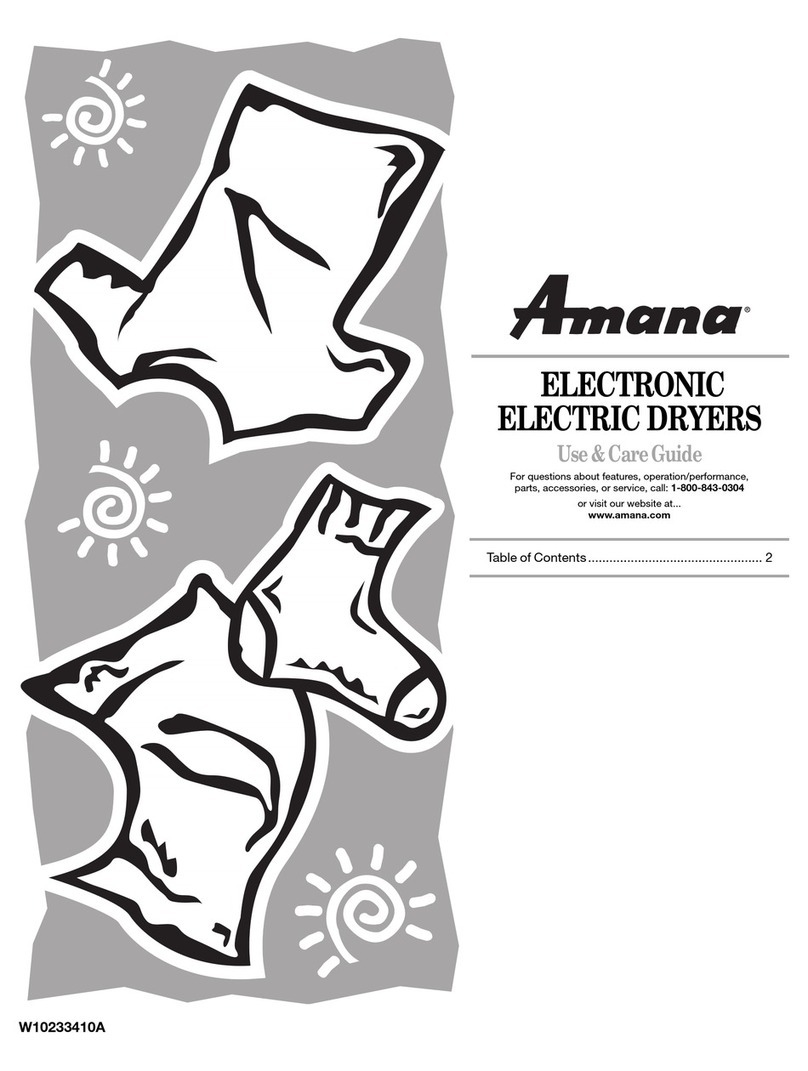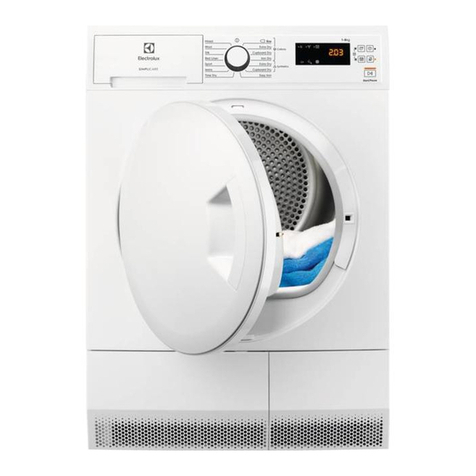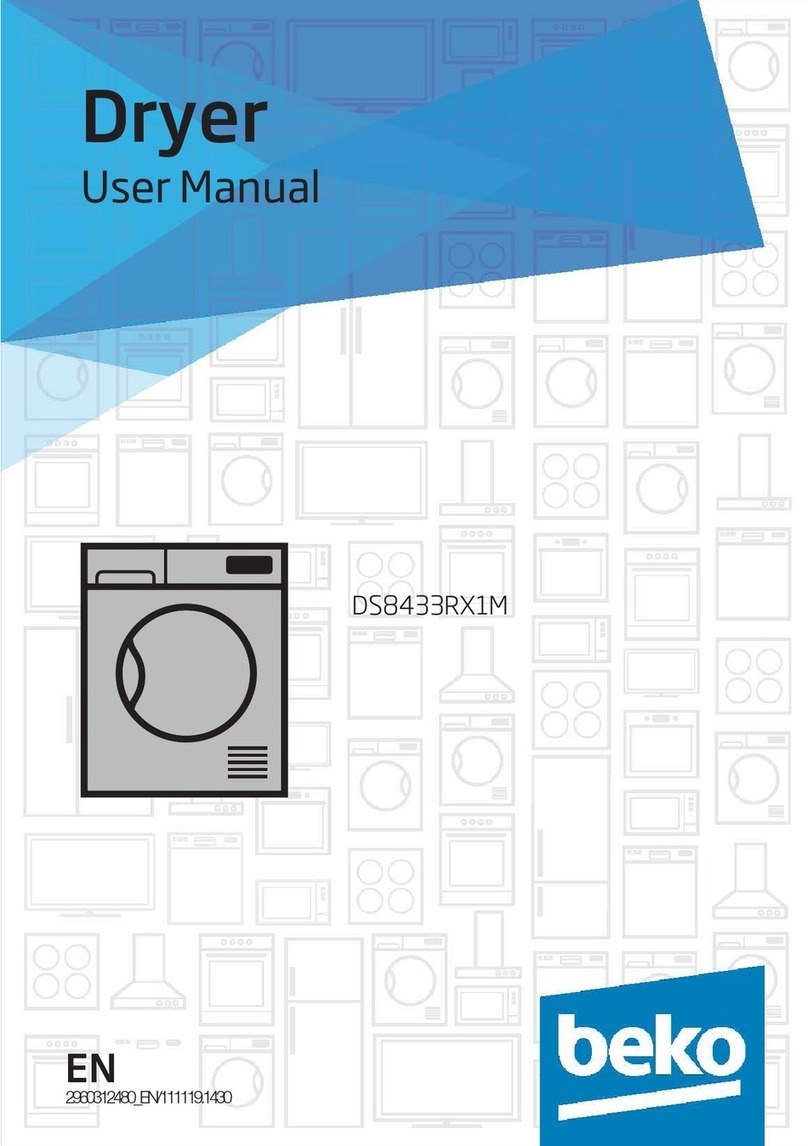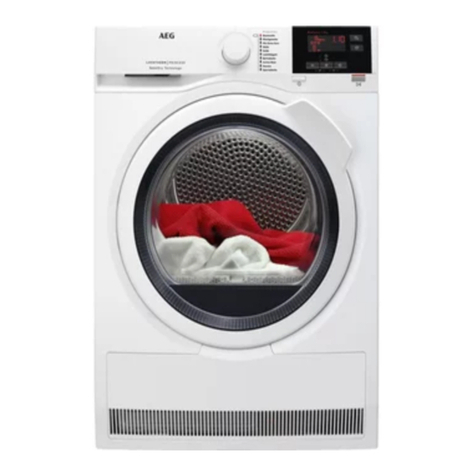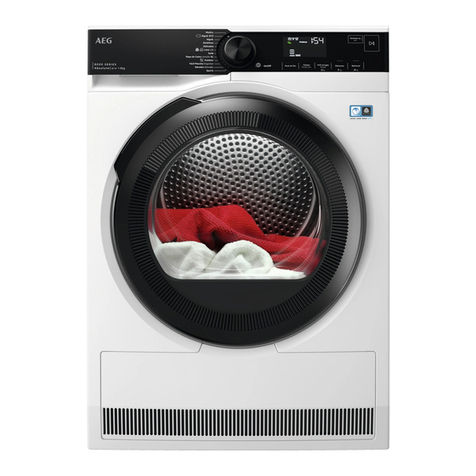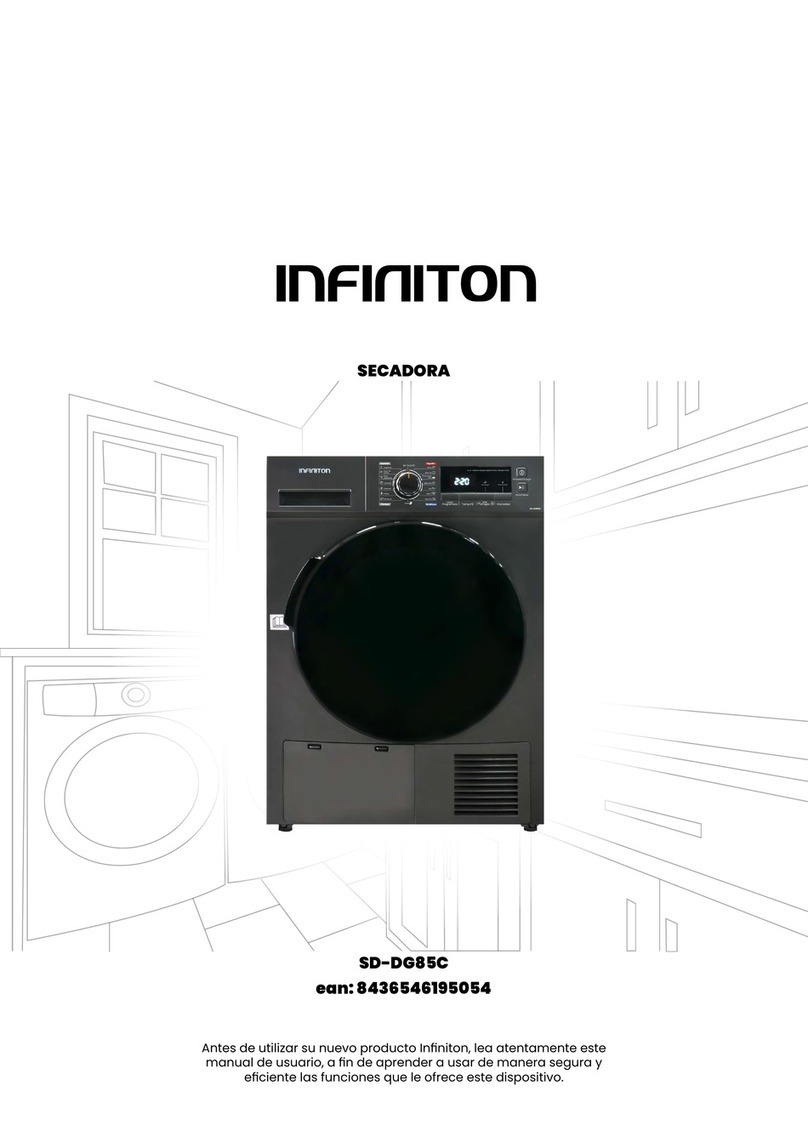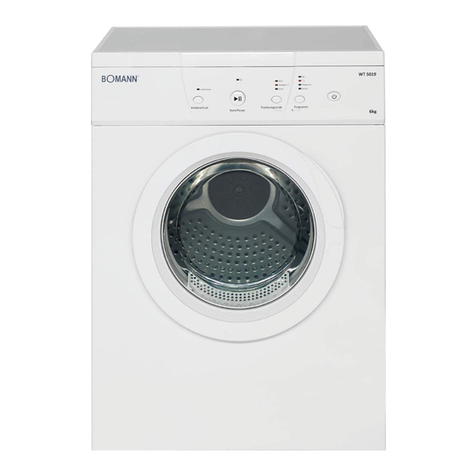
CONTENTS
1. SPECIFICATIONS ............................................................................................................... 4
2. FEATURES AND BENEFITS ............................................................................................... 6
3. INSTALLATION INSTRUCTIONS ........................................................................................ 6
4. DRYER CYCLE PROCESS ................................................................................................ 10
5. COMPONENT TESTING INFORMATION ......................................................................... 11
6. MOTOR DIAGRAM AND SCHEMATIC ............................................................................. 14
7. WIRING DIAGRAM ............................................................................................................ 15
8. FLOW SENSOR FUNCTION ............................................................................................. 16
8-1. FLOW SENSOR ....................................................................................................... 16
8-2. INSTALLATION CHECK .......................................................................................... 17
8-3. TROUBLESHOOTING ............................................................................................. 18
9. DIAGNOSTIC TEST .......................................................................................................... 19
9-1. TEST 1 120 VAC ELECTRICAL SUPPLY ............................................................... 20
9-2. TEST 2 THERMISTOR TEST - MEASURE WITH POWER OFF ........................... 23
9-3. TEST 3 MOTOR TEST ........................................................................................... 24
9-4. TEST 4 MOISTURE SENSOR ................................................................................ 25
9-5. TEST 5 DOOR SWITCH TEST ............................................................................... 26
9-6. TEST 6 HEATER SWITCH TEST - ELECTRIC TYPE ............................................ 27
9-7. TEST 7 GAS VALVE TEST - GAS TYPE ................................................................ 28
9-9. TEST 8 MOTOR ASSEMBLY, DC, PUMP .............................................................. 29
10. CHANGE GAS SETTING (NATURAL GAS, PROPANE GAS) ....................................... 30
11. DISASSEMBLY INSTRUCTIONS .................................................................................... 32
12. EXPLODED VIEW ............................................................................................................ 40
12-1. CONTROL PANEL AND PLATE ASSEMBLY ......................................................... 40
12-2-1. CABINET AND DOOR ASSEMBLY: ELECTRIC TYPE ....................................... 41
12-2-2. CABINET AND DOOR ASSEMBLY: GAS TYPE ................................................. 42
12-3-1. DRUM AND MOTOR ASSEMBLY: ELECTRIC TYPE ......................................... 43
12-3-2. DRUM AND MOTOR ASSEMBLY: GAS TYPE ................................................... 44
